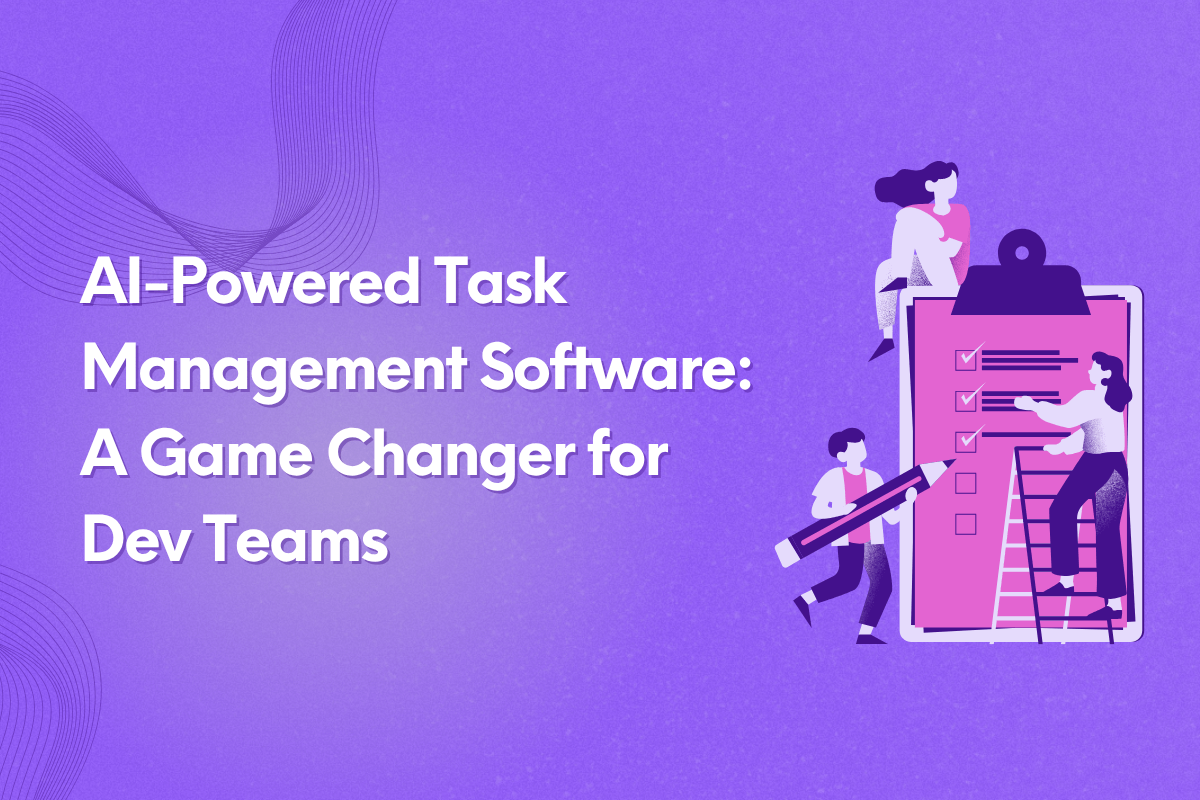In the past few years, the software development landscape has seen a huge shift. Gone are the days when to-do lists and spreadsheets are the basis of managing and tracking development workflows. While these tools are still being used today, they simply cannot keep up and accommodate the complexity of modern processes.
In this age, dev teams are handling multiple projects, cross-collaborations, and even navigating complex task dependencies while also trying to keep up with tight deadlines. The heavy demand, without the right tools, consumes a huge load of time, effort, and productivity.
Enter AI-powered task management software. A modern tool that transforms how development teams approach the planning, organization, and execution of their work. It's no longer just about tracking tasks. With AI-powered project management apps, teams can predict, automate, and accelerate workflows. Read more to learn how AI-powered tools are changing the landscape for developer teams.
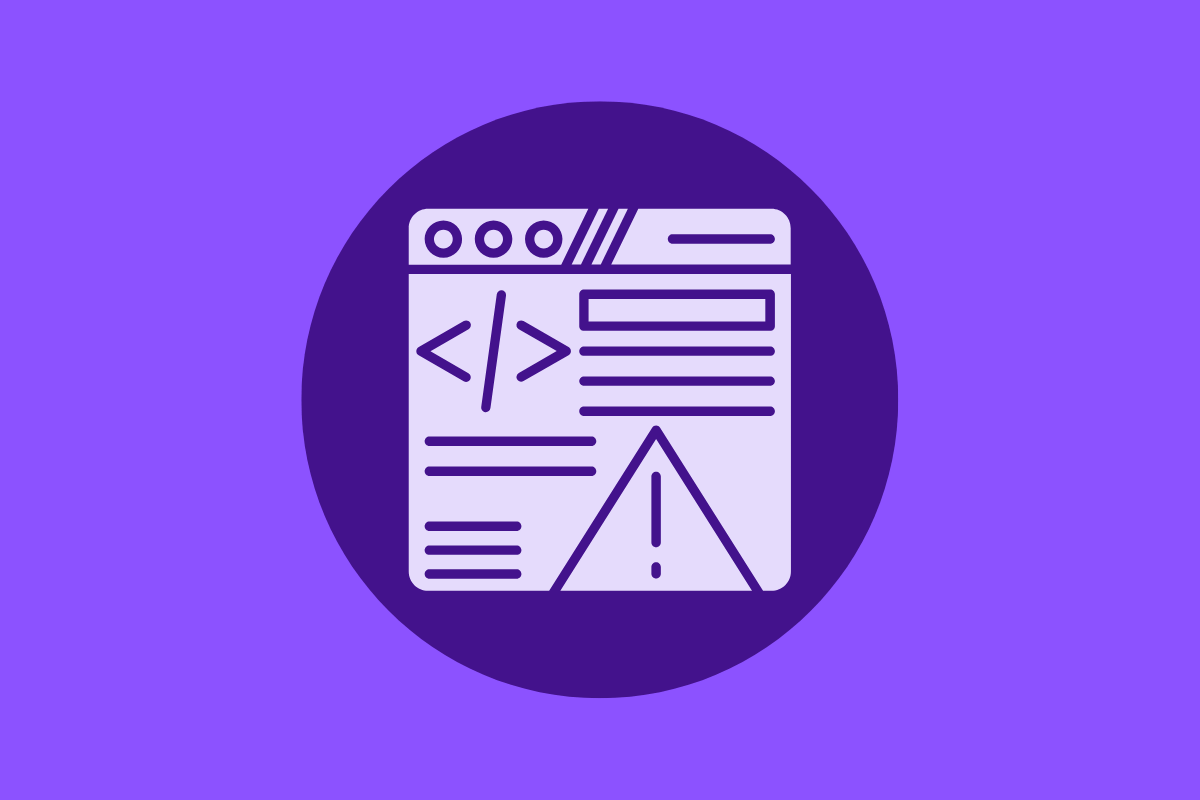
Challenges Dev Teams Face in Task Management
One thing all developers have in common is their nature as problem-solvers. They always look for ways to improve processes, especially for systems and workflows. But some of their biggest problems are not code-related, they are organizational.
Traditional task management tools have served dev teams for years, offering features such as boards and sprint planning. However, these conventional systems have limitations that are not capable of handling more complex processes. Here are some of the most common pain points of developer teams.
Context switching causes friction.
Developers use multiple tools for coding, task tracing, documentation, and collaboration. The constant switching can lead to cognitive overload and cause friction, breaking focus and momentum.
According to Gloria Mark, a researcher at the University of California-Irvine, it takes over 23 minutes to fully regain focus after being interrupted. For developers who constantly switch windows between their coding environment and task tracking software to update task progress or remind teammates, the minutes can add up to hours.
Each interruption leads to a high cognitive load whenever they switch back to coding. This also increases the chances of more errors due to divided attention and even slow delivery.
Workflows are prone to bottlenecks.
Development workflows are complex and prone to bottlenecks due to multiple task dependencies and a need for coordinated handoff. While traditional tools may seem effective for straightforward workflows, they are simply not designed to handle the complexity and speed of development processes.
Without the predictive analysis and risk assessments of a modern task management solution, it's hard for teams to spot potential issues that can snowball into bottlenecks. These range from delays to bugs, and even burnout for team members.
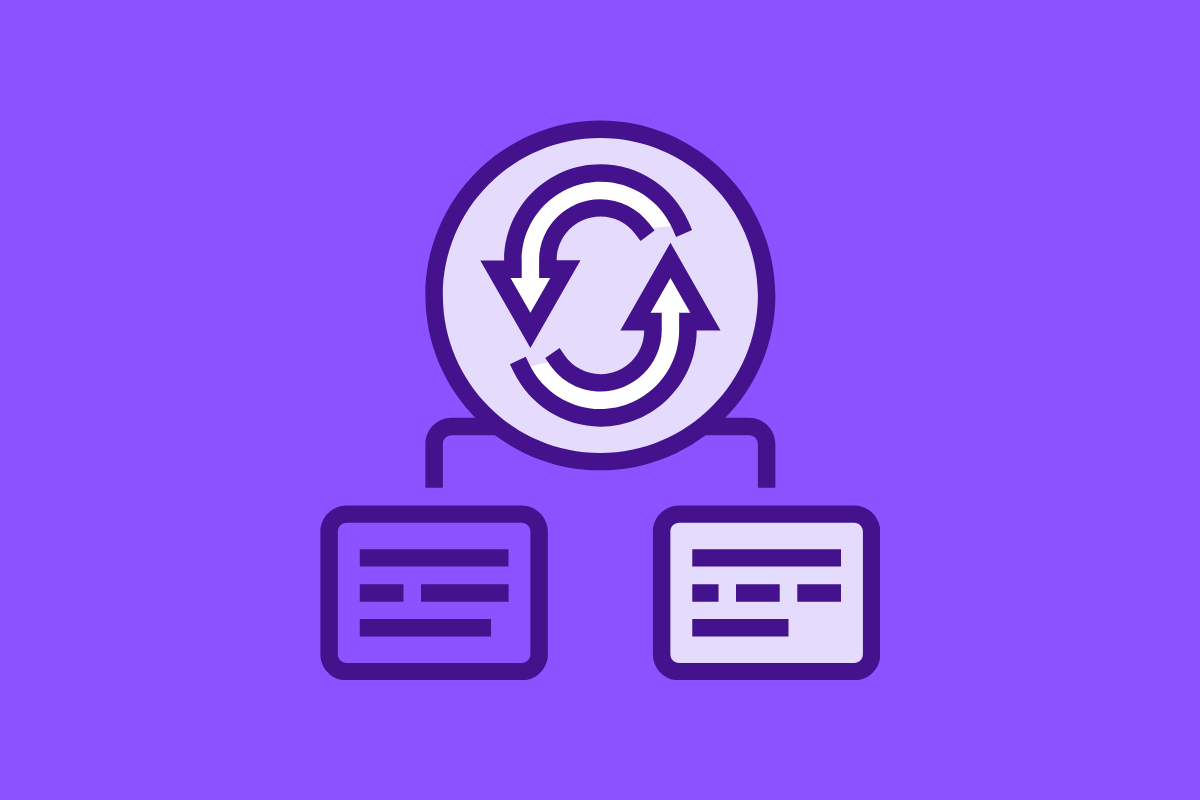
Teams suffer from communication gaps.
Developer teams are now adopting a remote or hybrid work setup, making it harder to collaborate and ensure alignment. Without integrated collaboration tools, information can be lost or may not flow clearly to the right people.
Communication gap also happens when conversations and information are spread across multiple apps and platforms. This leads to unclear task ownership, lost context, frequent rework, and even little clarity despite several meetings.
Priorities are unclear, and backlogs pile up.
It's easy to set goals and OKRs with roadmaps. But prioritizing tasks may be hard for some teams, especially for developers handling multiple projects. Task prioritization may be a challenge that leads to backlog chaos.
Without clear prioritization, you may be left guessing which tasks to finish first. Often, teams spend a lot of time doing low-impact tasks, leaving critical issues unresolved. Couple that with fixes, new features, and the urgent need to address bugs, and these to-dos balloon to a huge backlog.
Roadmaps become useless without clear prioritization and time management.
Manual repetitive work takes time away from coding.
For developers, every minute not spent coding is a minute of lost momentum and productivity. However, you are often pushed into doing manual, repetitive tasks that have little to do with actual development. Updating task boards, reminding team members, organizing backlogs, and even writing documentation.
These manual tasks, like updates, may seem small, but they can add up and drain significant time and focus. Without modern tools that automate administrative work, your productivity takes a hit, and project delivery delays further.
The challenges of dev teams today are further intensified by the modern advancement of processes and demands for project delivery. Traditional work management systems can't keep up with the sheer volume and complexity of processes. This is where AI comes in to provide a comprehensive solution to these challenges.
What Makes AI-Powered Task Management Different?
Traditional tools for task tracking and management are often static and need manual updates. They record and display information, but require developers to interpret and act on it. On the other hand, AI-powered task management tools are more dynamic and proactive.
These project management tools do not just track. They are designed to be more intuitive, guiding developers to optimize their workflow and provide actionable insights. The right task management tool even provides insights on how project managers or team leaders can optimize workloads and processes to maximize resources.
Read More: Tips for Resource Allocation in Project Management
Here are some of the fundamental differences that make AI-powered task management tools more effective.

1. Proactive approach to workflows.
From the passiveness of traditional tools, dev teams manage tasks more proactively. AI provides actionable insights that help teams move forward and optimize their workflow. Some of the best task management software can even predict the next steps, simplifying decision-making for dev leadership.
Developers can keep moving on to doing critical tasks to avoid idle time instead of waiting for processes that depend on task handoff. Workflows are smoother and become seamless as well with the integration of IDE and collaboration tools.
2. Predictive analysis helps teams avoid bottlenecks.
Unlike traditional tools, which only react to blockers and issues after they happen, AI spots potential risks before they escalate. This reduces the chances of dev teams facing bottlenecks and other challenges that will disrupt their momentum and drag productivity down.
An intuitive tracking tool with predictive analysis also shows where in the processes team members tend to slow down. From the perspective of project managers or team leaders, it becomes easier to optimize these steps to prevent delays and backlogs.
3. Task breakdown and automation.
Developers can feel overwhelmed with complex processes and huge workloads. It's important to break down these processes into smaller, manageable tasks to ensure timely delivery.
Automation is no longer just an option as well. It's a must-have feature for the best task management apps. AI handles repetitive admin work so developers can focus and have more time for coding.
No more manually dragging tasks between boards and updating your team members every now and then. The combination of automation and optimized task breakdown streamlines your workflow.
4. AI enhances the way teams work.
AI does not replace team members. It enhances the way teams work and helps you make better use of your time spent on tasks and energy through optimization. AI empowers developers in fast-paced environments and helps improve resource management.
Moreover, AI-powered task management ensures alignment and intelligent systems. Think of AI as having a project co-pilot you can trust to track progress, boost team collaboration, and help your team stay on top.
How AI Is Transforming Task Management Tools
The shift to AI task management is not only about saving time. It helps teams approach task management in an optimized way. Using AI-powered project management software creates flow, optimizes workload, improves communication, and ensures teams keep up in an Agile environment. But one of its biggest impacts is reducing friction.
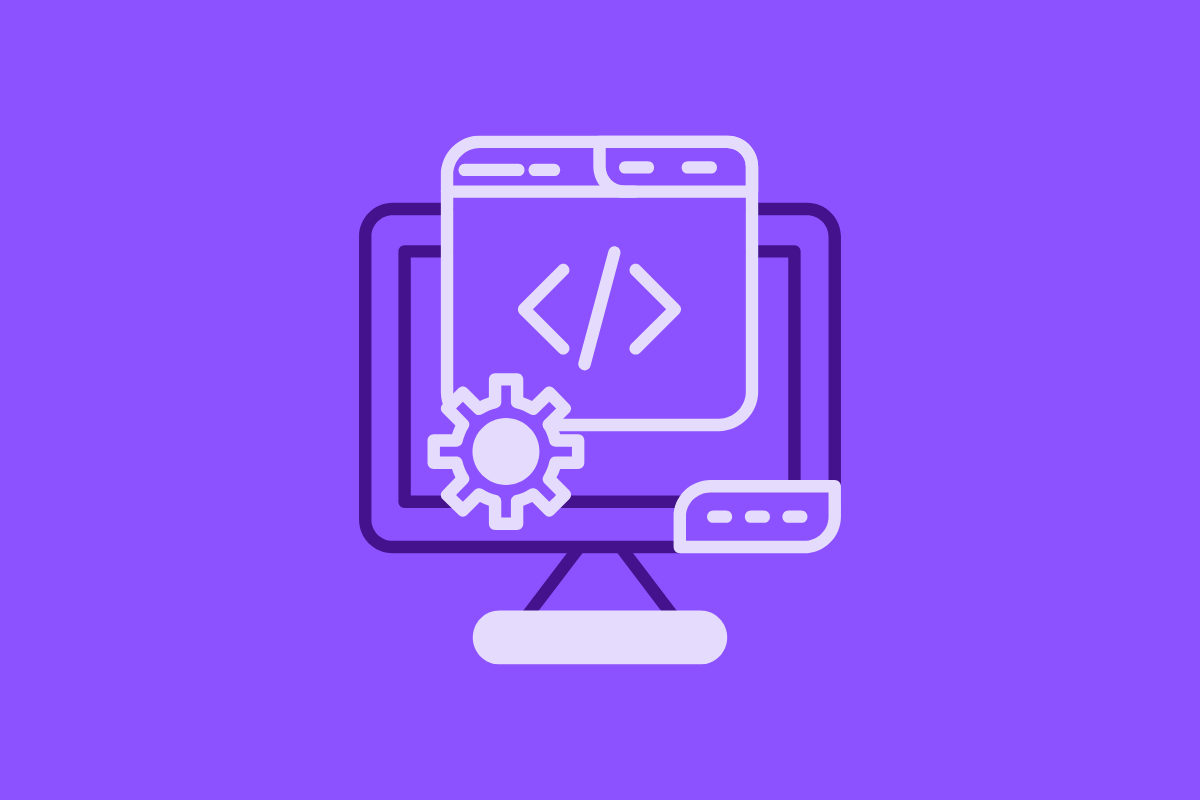
Using Traditional Task Management App
- Sprint planning takes up a lot of time, from creating tasks to assigning them to members based on their capabilities.
- Developers waste time updating tasks in dashboards and following up on task dependencies.
- Teams often schedule meetings for alignment that take up a lot of time without the assurance of reaching clarity.
Using AI Project Management Tool
- Prioritization and sprint planning are now faster and easier with the help of AI-powered project and task management tools. Backlogs and the capacity of team members are being considered during the planning.
- Developers can customize and schedule reminders and automate updates so they can focus on coding without ever leaving their coding environment. This also helps notify their team members to speed up reviews and avoid misaligned workloads.
- With better collaboration and integration of communication apps, project managers, dev leadership, and developers can align faster and see the progress of tasks and projects clearly.
There's a huge difference in the workflow and even the workload when you use modern tools. For example, developers often juggle multiple tasks without clear priorities. With predictive analysis, AI can recognize which of these tasks can move forward at the moment and which ones depend on other pending tasks. This advanced project management feature prevents idle time.
Developers can have uninterrupted coding hours while project managers gain more confidence in delivery timelines.
Real World Application of AI-Powered Task Management
AI-powered task management tools do more than create a task list. They also provide tools for time tracking and make assigning tasks easier based on the capacity of members.
Developers can address challenges they experience daily and have concrete benefits that change the way they work and complete tasks. Teams that use these tools report remarkable improvements across their workflows.
Here are some real-world applications of effective project management solutions.

For Startups
Startups often adopt an Agile workflow to handle multiple projects within tight deadlines. Efficiency and accuracy are essential. With AI, startups can operate with the efficiency of a larger corporation. This helps them maintain competitiveness and ensure successful delivery without extra headcount.
For Large Enterprises
Meanwhile, developers working in enterprises need consistency and the ability to adapt to scaling operations. In this aspect, AI is very effective in helping teams align across multiple departments to avoid miscommunication or even duplicated work.
For Remote Teams
More teams are now adopting a remote work setup or even a hybrid one. However, without effective tools, it's harder to ensure alignment across teams or even prioritize individual tasks with complex dependencies. AI can close the gap on time zones and communication with real-time updates and integration of tools. Even if a member is across the globe, teams can still instantly see updates, notifications, and even what's next in the process.
For Agile Teams
An AI-powered task management system streamlines your processes to boost productivity and maximize your time. Some tools have features that can generate docs, diagrams, emails, PRDs, and summaries. They can also have the ability to prioritize tasks and help teams prevent the chaos of backlogs. This way, developers do more with their time.
Key Features of AI Task Management Software
The best task management tools are more than time savers. They provide real benefits that help developer teams become more productive. From task managers to streamlining task processes, AI-powered software enables developers to learn and adopt best practices.
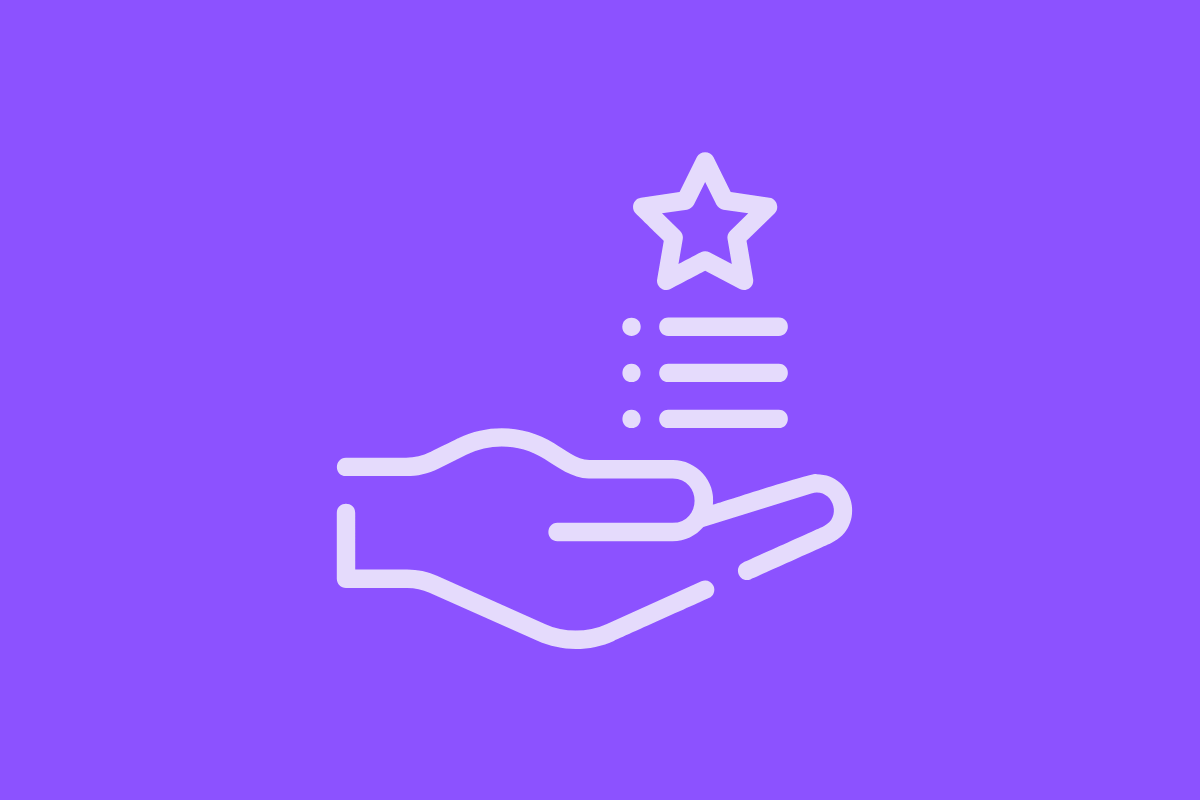
1. Seamless Integration
Modern tools should have strong integration with the tools you use for work, such as communication platforms and even your IDEs. For example, Leiga is capable of integrating the platform into your IDE to reduce context switching.
You can update tasks without ever leaving your coding window. It can also be connected to emails and IMs to provide a unified workspace that stores all the information in one place. No more lost context or miscommunications.
2. Simplifies Decision-Making
The best task management software utilizes AI to analyze data in real time and give you a detailed view of project progress. These tools also make it easier to visualize sprints so you can identify priorities, risks, and opportunities for optimization.
You can skip the guessing and leap into action. Decisions are backed by insights so your team can move forward with clarity and confidence.
3. Actionable Insights and Risk Assessments
The top task management solutions do not only collect data. They also transform it into clear, actionable steps that predict potential issues and recommend the next action. With these insights, teams stay proactive rather than reactive.
4. AI Enhancements Across All Aspects
Modern project management capabilities include AI enhancements across all aspects. From automating repetitive tasks to intelligent resource management, these tools maximize AI to improve the efficiency of the entire workflow.
Some platforms, like Leiga, also offer Intelligent Writing, which generates professional diagrams and structured, polished content for emails, docs, PRDs, and even marketing content. Every stage of project management benefits from smarter, faster, and more adaptive processes.
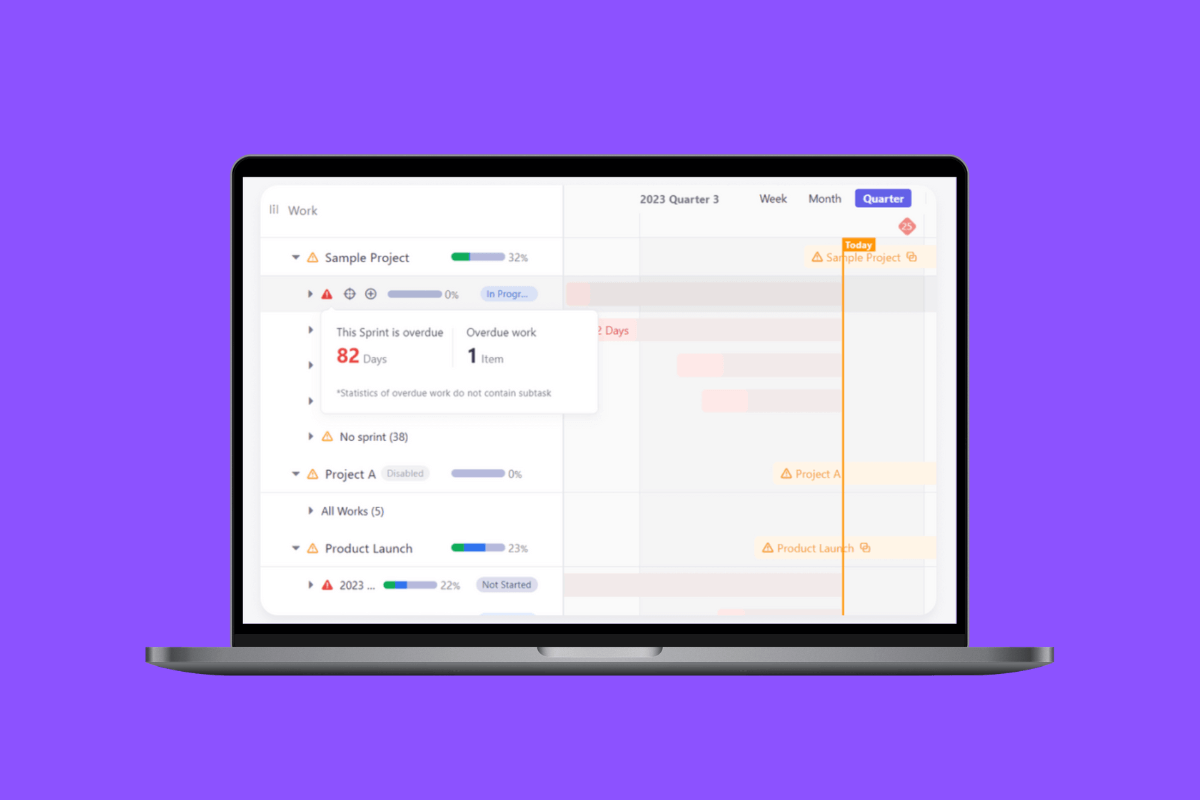
Future of AI Task Management with Leiga
Leiga, with its advanced task and project management features, ensures that your team can adapt to the ever-evolving development landscape. It is a platform that helps developers code without interruption.
As an effective task management system, Leiga does not provide upgrades to task templates. It offers a significant change in approach to how your team plans, organizes, and executes work.
It is a powerful task management platform software designed to make teams capable of delivering better software faster while also maintaining a healthy, sustainable workflow.
In an industry where the ability to ship quality code quickly is prioritized, Leiga gives you a competitive advantage. AI-powered task management is not just a nice-to-have. It is becoming essential for teams that want to thrive in the modern development landscape. And Leiga is the task management software that helps you achieve it.
Ready to work smarter and code uninterrupted? Try Leiga for free today.
- Streamline Your Workflow with Leiga
- Effortlessly automate tasks
- Boost productivity with AI insights
- Free forever — elevate project management
